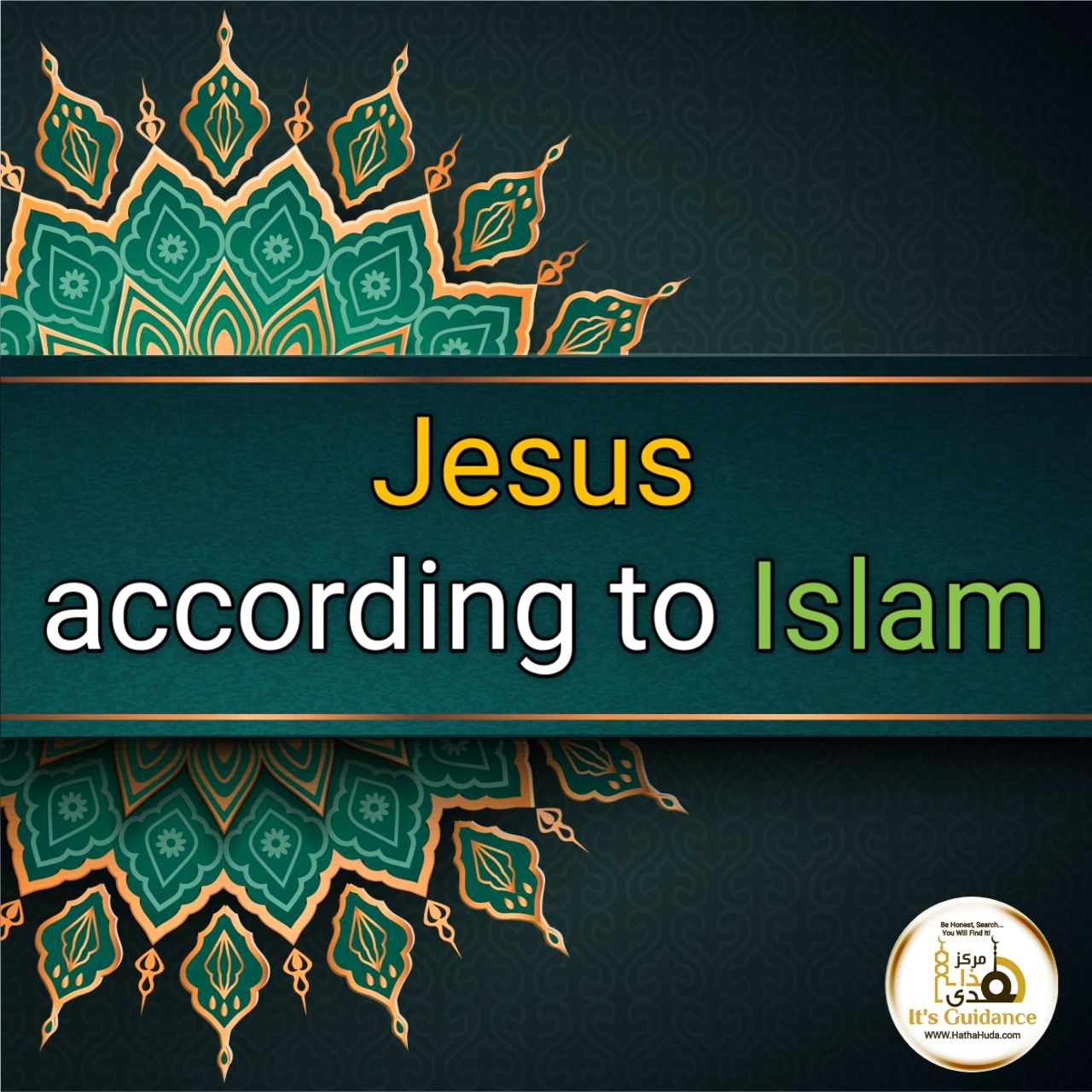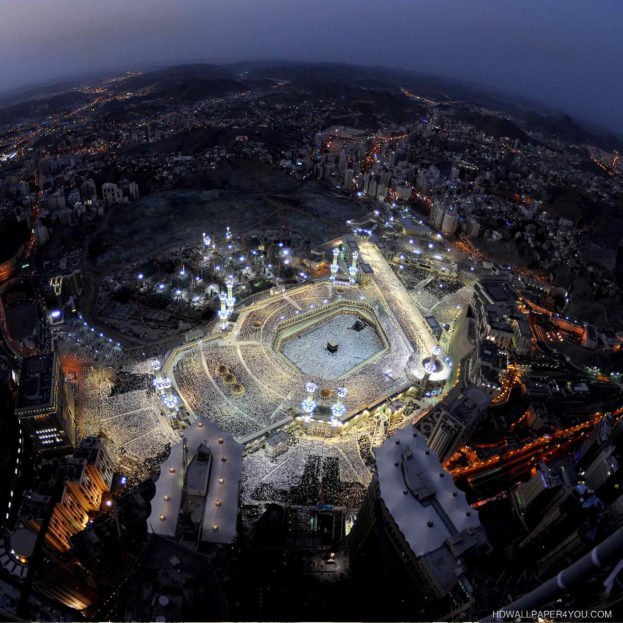
woman in Islam
Islam sees a woman, whether single or married, as an individual in her own right, with the right to own and dispose of her property and earnings without any guardianship over her (whether that be her father, husband, or anyone else). She has the right to buy and sell, give gifts and charity, and may spend her money as she pleases. A marriage dowry is given by the groom to the bride for her own personal use, and she keeps her own family name rather than taking her husband’s.
Islam encourages the husband to treat his wife well, as the Prophet Muhammad said: {The best among you are those who are best to their wives.}
Mothers in Islam
Mothers in Islam are highly honored. Islam recommends treating them in the best way. A man came to the Prophet Muhammad and said, “O Messenger of God! Who among the people is the most worthy of my good companionship?” The Prophet said: {Your mother.} The man said, “Then who?” The Prophet said: {Then your mother.} The man further asked, “Then who?” The Prophet said: {Then your mother.} The man asked again, “Then who?” The Prophet said: {Then your father.}



